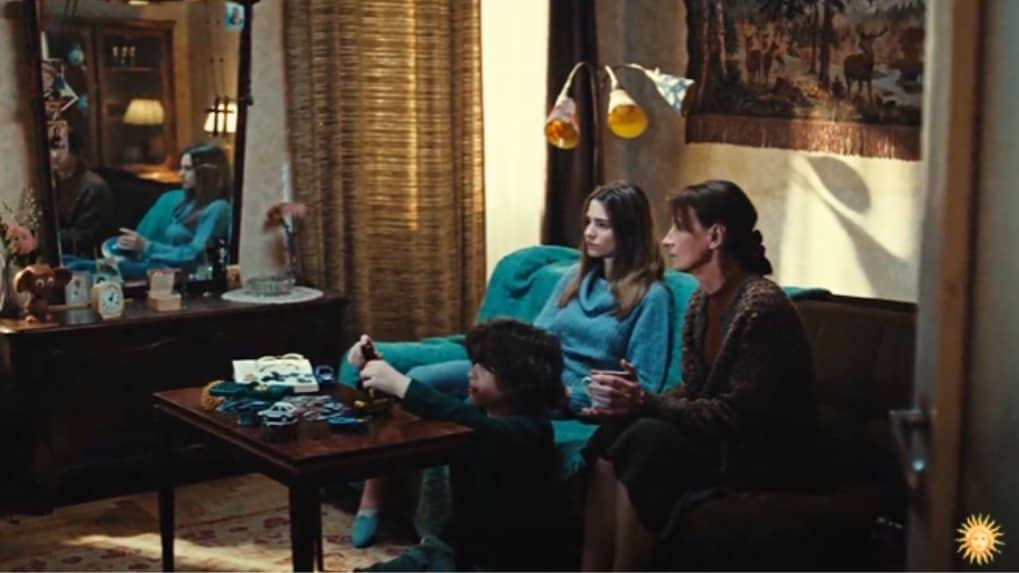Global Ads Spotlight: RSF marks 30th anniversary with global campaign on press freedom and elections
As half the world geared up for historic elections in 2024, Reporters Without Borders Germany dropped a campaign that pulled no punches. Read and watch in our Global Ads Spotlight column.
ADVERTISEMENT
In a year when over 4 billion people were expected to vote, Reporters Without Borders (RSF) Germany decided it wasn't time for celebration - it was time for a reckoning.
Marking its 30th anniversary, the organization launched a striking campaign that took aim at one of the biggest threats to democracy: polished political lies dressed up as promises.
The message was blunt and brave: "Trust the free press. Not pretty words."
And it landed exactly where it needed to - on the streets, on screens, and smack in the middle of a tense global election year.
Also Read: Global Ads Spotlight: Here's how Adidas turned a humble Dubai restaurant into a global cultural drop
A Wake-Up Call
With over 80 countries heading to polls, 2024 wasn't just another year - it was a stress test for democracy. As populist leaders blurred the lines between democracy and dictatorship, RSF's campaign came through like a flare in the fog.
Instead of opting for glossy, PR-friendly storytelling, the campaign went straight for the jugular. In a series of powerful, emotionally-loaded films directed by Konrad Losch, viewers watched political leaders deliver hollow, poetic speeches while the real stories - of suppression, surveillance, and silencing of journalists - played out in stark contrast.
The tension between spoken words and visual reality made the point clear: beware the allure of charisma without accountability.
From Berlin to the Borders
The campaign kicked off in Germany with full-page print ads in major newspapers. But it didn't stay local for long. The message echoed across European cities through digital out-of-home placements, and online platforms helped spread the films internationally.
The visuals were as haunting as they were clear: leaders speaking of freedom and unity while the images behind them told a story of censorship, persecution, and cracked-down protests. The juxtaposition worked like a gut punch - and viewers felt it.
Other RSF branches quickly picked up the creative and share it in their regions. The film even touched a nerve in Russia - where the government promptly banned the access to RSF's website a few days after the campaign launch. Ironically, that act only validated the campaign's core message.
More Than Just a Message
Beyond awareness, the campaign had real goals: to rally support and raise funds for RSF's work. And by all measures, it made people stop scrolling, stop walking, and think - even if just for a moment - about what democracy really means when no one's watching.
Why it Worked
RSF didn’t sell idealism. It sold skepticism - and in doing so, made a compelling case for journalism’s place in a world teetering on the edge. By choosing a hard truth over easy optimism, the campaign stood out in a sea of election-year platitudes and brand-safe social commentary.
In a landscape where autocrats increasingly dress up as democrats, this campaign didn’t whisper. It shouted.
And the jury took notice. The campaign bagged a won the Grand Prix for Good at the Cannes Lions. It also earned a commendation at the Immortal Awards.
Also Read: Global Ads Spotlight: Here's how OREOCODES cracked the commerce code


